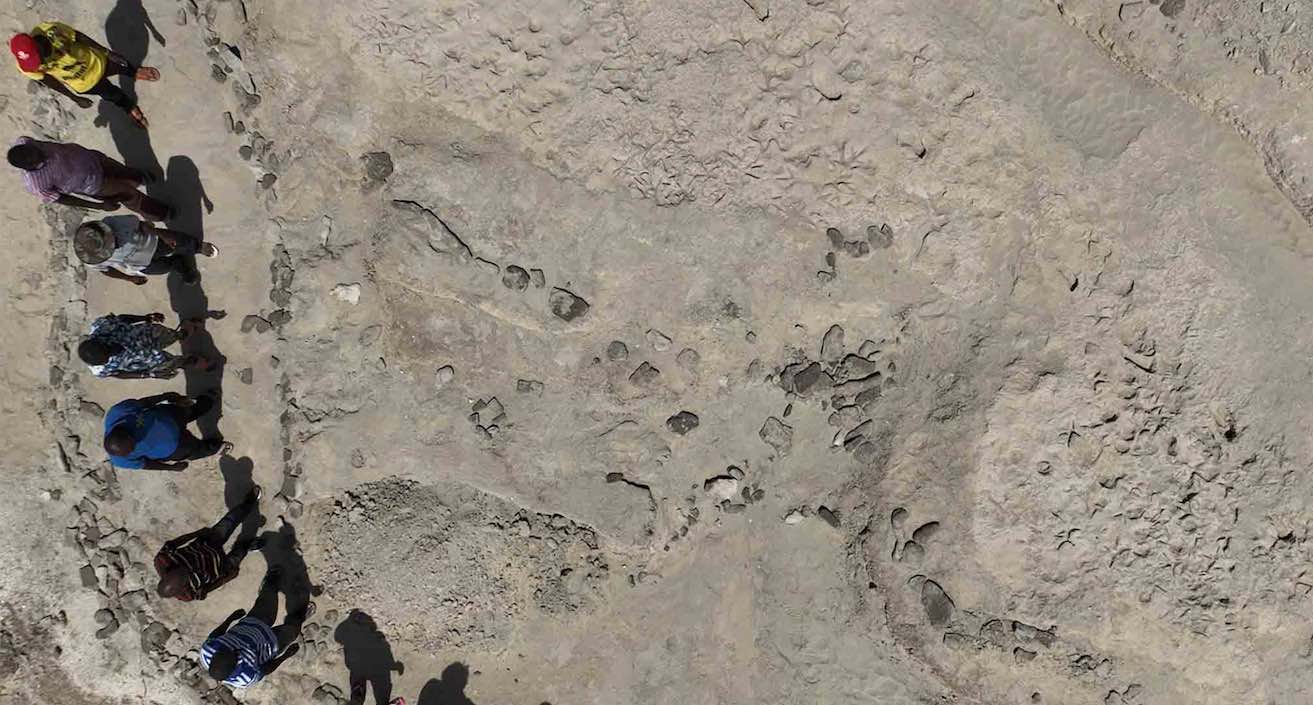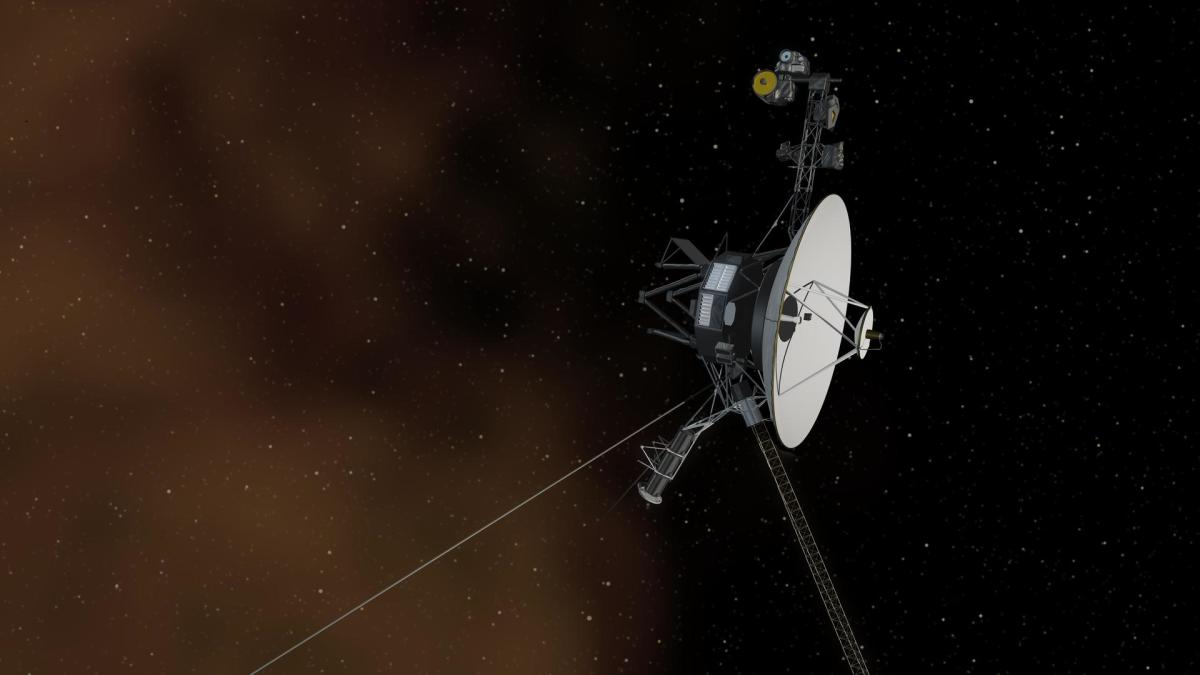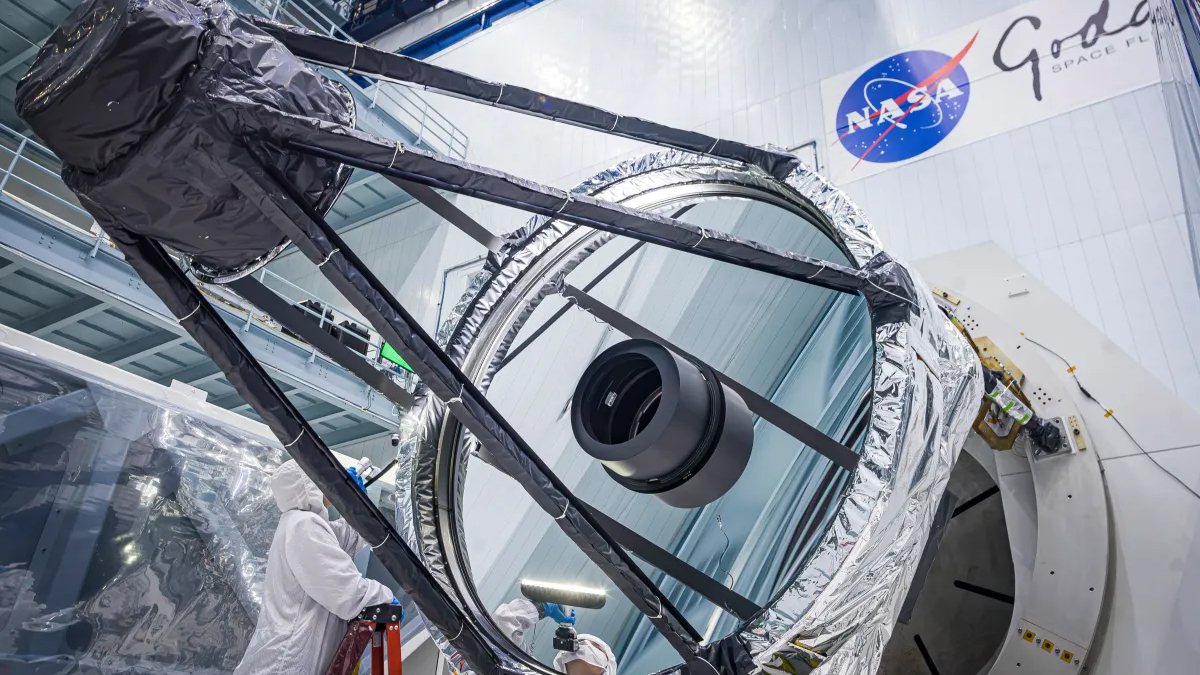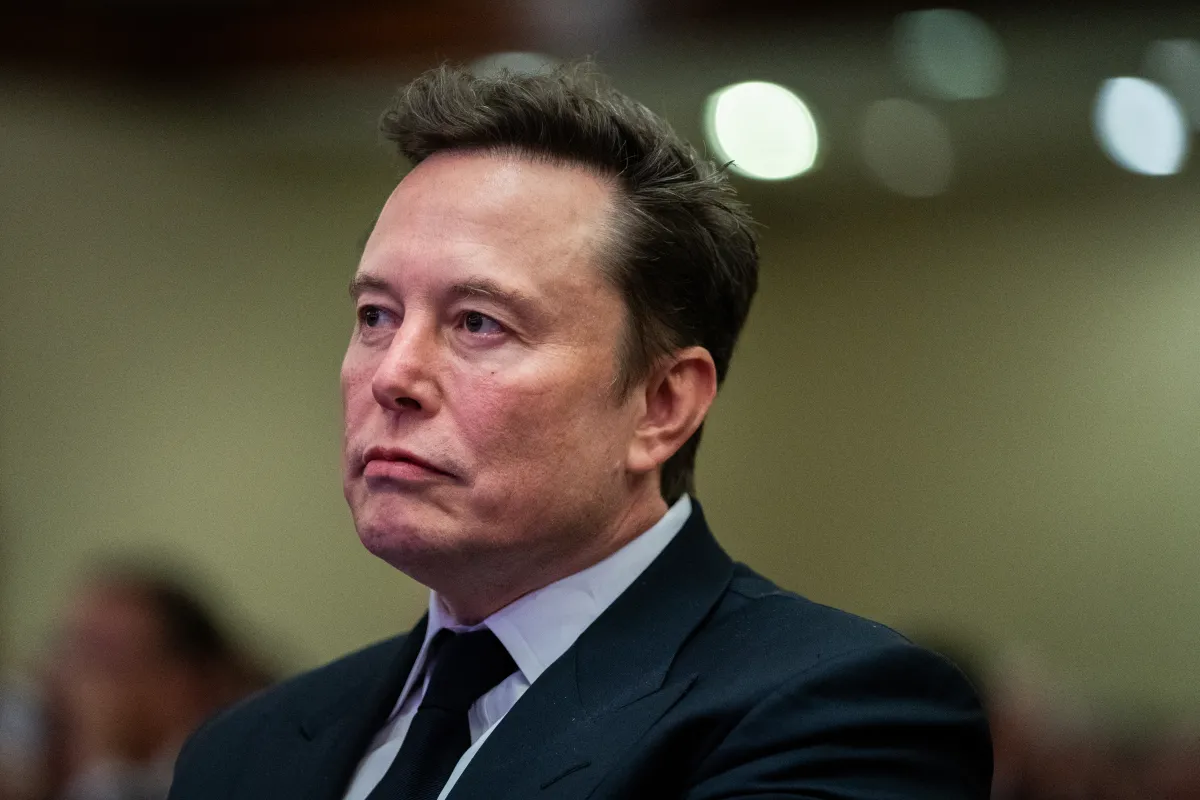Aida Daily: Ancient Hominin Footprints / Assisted Dying Bill / Musk Challenges OpenAI & Microsoft
Aida Daily
Hello, adventurous minds! Today, we explore ancient hominin hangouts, a life-defining UK bill, and Voyager 1's stellar resilience. Plus, Musk's legal jab, Vietnam's rail dreams, and Blanchett's AI concerns. Let's dive in!
Ancient Footprints Reveal Hominin Handshake 1.5M Years Ago

Excavations at Kenya’s Lake Turkana site unveiled 1.5-million-year-old footprints showing Homo erectus and Paranthropus boisei sharing the same lakeshore. Led by Kevin Hatala and Louise Leakey, the team combined digs from 1978 and 2021 to reveal these ancient neighbors walked side by side, possibly crossing paths daily. Using advanced 3D imaging, researchers distinguished their unique gait patterns, offering fresh insights into human evolution and sparking debates on early hominin interactions. Footloose and fossil-free!
UK's Assisted Dying Bill Gains Momentum Amid Scrutiny

England and Wales' Assisted Dying Bill, championed by Labour MP Kim Leadbeater, surged forward with a 330-275 vote in November 2024. The legislation permits terminally ill adults with six months or less to live to seek assistance in ending their lives. However, concerns loom as some MPs fear doctors might prematurely broach the topic, risking coercion. Conservative MP David Davis is urging Leadbeater to reassure wavering supporters.
Set to enter a public committee until Spring 2025, the bill emphasizes strict safeguards: dual medical approvals, High Court oversight, and patient-led decisions. If enacted, full implementation could stretch into late 2026. Balancing compassion with caution, the debate continues to navigate ethical and healthcare implications.
Voyager 1 Reboots: Still Chatting from 15 Billion Miles Away

NASA's 47-year-old Voyager 1 has triumphantly reconnected with Earth after a month-long silence caused by a stubborn power glitch. At 15.4 billion miles from home, the intrepid explorer switched to a backup transmitter last used in 1981, proving that space tech never truly retires. With four instruments still ticking and data expected until 2025, Voyager continues its cosmic odyssey. Despite a 23-hour signal wait, this veteran spacecraft keeps showing stellar resilience. Here's to Voyager’s enduring journey!
Roman Space Telescope Achieves Milestone

NASA’s Nancy Grace Roman Space Telescope has successfully delivered its Optical Telescope Assembly, featuring a 2.4-meter mirror—matching Hubble's! Set to launch late 2026, Roman boasts a 300MP Wide Field Instrument and a Coronagraph for dazzling exoplanet images. With a five-year mission (extendable), it will probe dark matter, dark energy, and more. Data goes public via MAST, ensuring all can marvel. Here’s to Roman outshining our cosmic predecessor with humor and heart!
Vietnam's High-Speed Railway: $67B Express to 2035

Vietnam has greenlit a jaw-dropping $67 billion high-speed rail linking Hanoi and Ho Chi Minh City over 1,541 km. Trains will zoom at 350 km/h, slashing travel from 30 to five hours. Construction kicks off in 2027 with a grand opening slated for 2035, featuring 23 passenger and five freight stations. Emphasizing domestic funding and tech mastery, Vietnam aims to dodge hefty foreign loans—though Japan, China, and South Korea are eyeing a seat on board. All aboard for a speedy infrastructure leap!
Musk Files Legal Blow Against OpenAI and Microsoft

In a twist worthy of a sci-fi plot, Elon Musk filed a preliminary injunction on December 1, 2024, against OpenAI, its co-founders, and Microsoft. Musk alleges anticompetitive tactics and a departure from OpenAI’s 2015 nonprofit mission, threatening his AI startup, xAI. With Microsoft’s hefty $1B 2019 investment on the line, Musk’s legal move aims to keep the AI playground fair. OpenAI remains silent, leaving the tech world on tenterhooks.
Cate Blanchett Soundthe Alarm on AI's Impact

In a December 2024 BBC interview, actress Cate Blanchett voiced her fears that artificial intelligence could decimate Hollywood and beyond, especially impacting vulnerable populations. Highlighting AI's knack for cloning voices with mere seconds of audio, Blanchett lamented potential job losses amid the ongoing Hollywood writers' strike. While promoting her apocalyptic comedy "Rumours", she humorously noted the film now seems tame compared to real-world AI chaos. Blanchett calls for a balanced debate on AI’s ethical implications.
Trump's Tariff Tango: $78B at Stake

US retailers are urging shoppers to buy now to dodge President-elect Donald Trump's proposed tariffs. Imposing 25% duties on Canada and Mexico imports and 10% on China could slash consumer purchasing power by $1,200 annually. Key sectors like automotive and electronics brace for impact, potentially disrupting $3.6B daily US-Canada trade. Small businesses fear a $78 billion dip in consumer spending. While some anticipate a domestic manufacturing boost, economists warn the tariffs will primarily pinch consumers' wallets.
Naujienlaiškis „Aida Daily“
Your AI-curated daily news briefing, spotlighting the latest in technology and global development. Stay informed with insights that matter.